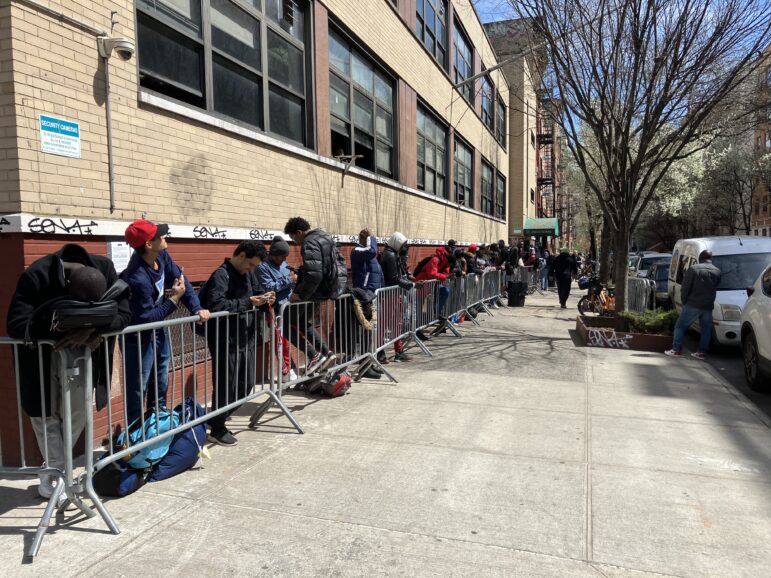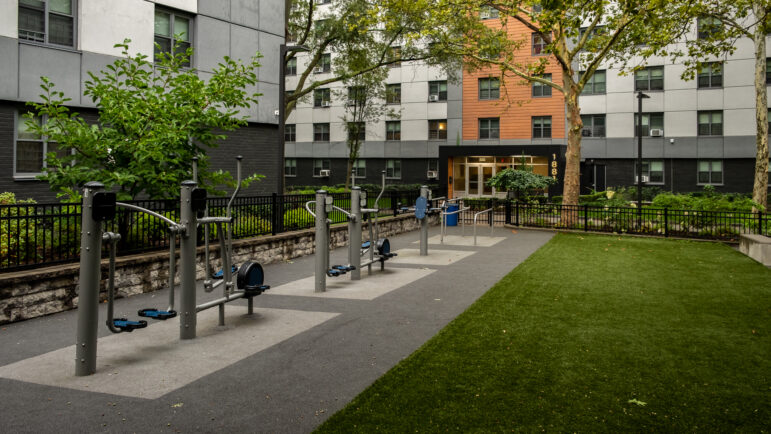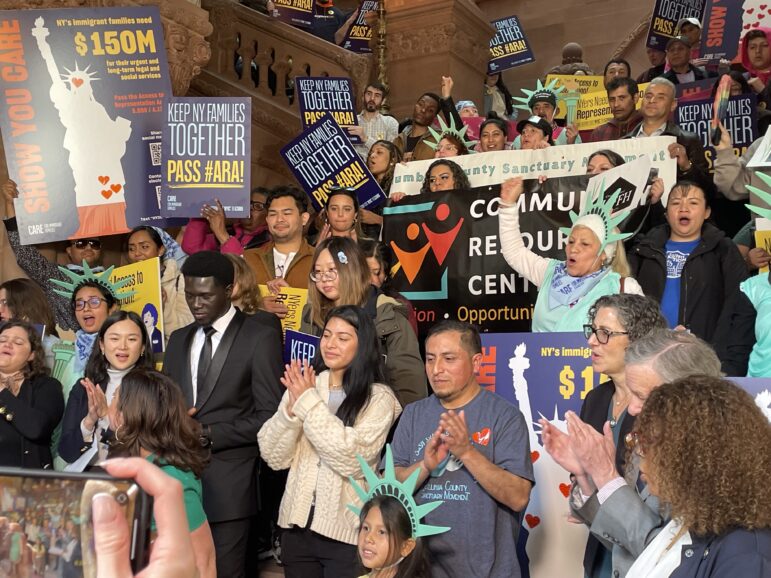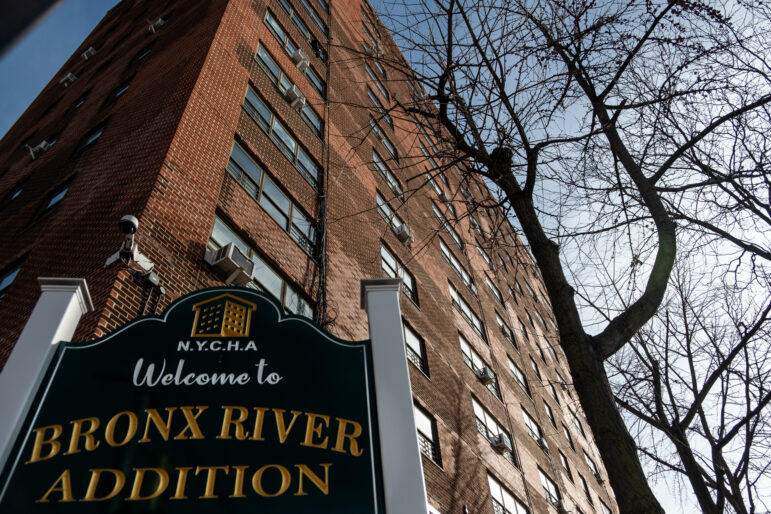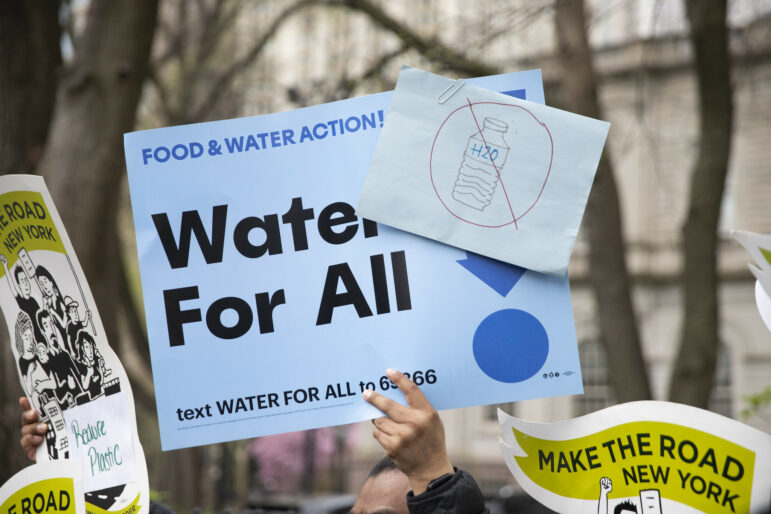State legislators passed a $2 billion cut to social services last week, leaving service providers wondering how they will keep certain programs running this fall when the cash from last year’s budget runs out.
The state Assembly and senate agreed on a so-called “bare-bones” budget late Thursday night as a tactical move to force the governor to join both houses in budget negotiations. Gov. George Pataki has refused to discuss any modifications to his executive spending plan since he first proposed it in January. Legislators say they plan to pass a supplemental spending bill by mid-September to restore the cuts approved last week. But given that it’s taken four months for lawmakers to get this far with the budget, many service providers are skeptical.
“There’s a very dangerous game of political chicken being played in Albany right now,” said Ron Deutsch, executive director of SENSES, Statewide Emergency Network for Social and Economic Security, which relies on some of the threatened $500,000 the state spends on the Entrepreneurial Assistance Program to train welfare recipients to open their own businesses. “The biggest losers will be low-income New Yorkers.”
The cuts also include $470 million in surplus federal welfare dollars dedicated to childcare and job training in New York City. The $10 million funneled though the Homeless Housing Assistance Program for AIDS housing construction was left out of the budget, as was $1.8 million for the Legal Aid Society. Hundreds of other programs also face the ax.
Senate Majority Leader Joe Bruno and Assembly Speaker Sheldon Silver, who joined forces to pass the plan, say they had no choice given the governor’s stubbornness. Budget analysts warn this strategy could be risky, however: Should the legislature approve a beefier budget without the governor, Pataki could then use a line-item veto to delete many of the same social expenditures both houses add in, just as he did in 1998.
These same analysts admit, however, there may have been no other choice. “The way it was going, New York City wouldn’t have got their $470 million [in surplus welfare monies] anyway,” said Frank Mauro, executive director of the Fiscal Policy Institute, an Albany-based think-tank.
To play it right, legislators must now move fast on drafting a fuller budget, and make sure they have enough votes in both houses to override the vetoes expected from the governor if he refuses to sit at the negotiating table. In the Assembly, all the Democrats and one Republican would be needed to make the override. “We’ve broken his hold on the legislature,” said Senator Eric Schneiderman (D-Manhattan). “I’m confident we will have more money for these programs.”
Such optimism may be premature, however. Assembly Minority Leader John Faso, a staunch ally of the governor, is expected to fight to keep his fellow Republicans from joining the Bruno-Silver coalition.
In the meantime, said Michael Kink, legislative counsel for Housing Works, an AIDS service provider, “The social service community is quaking in their boots.”


